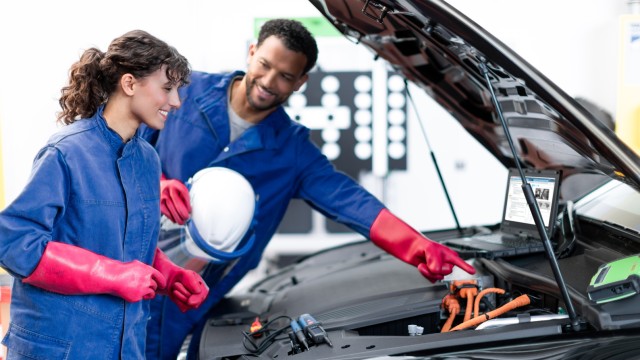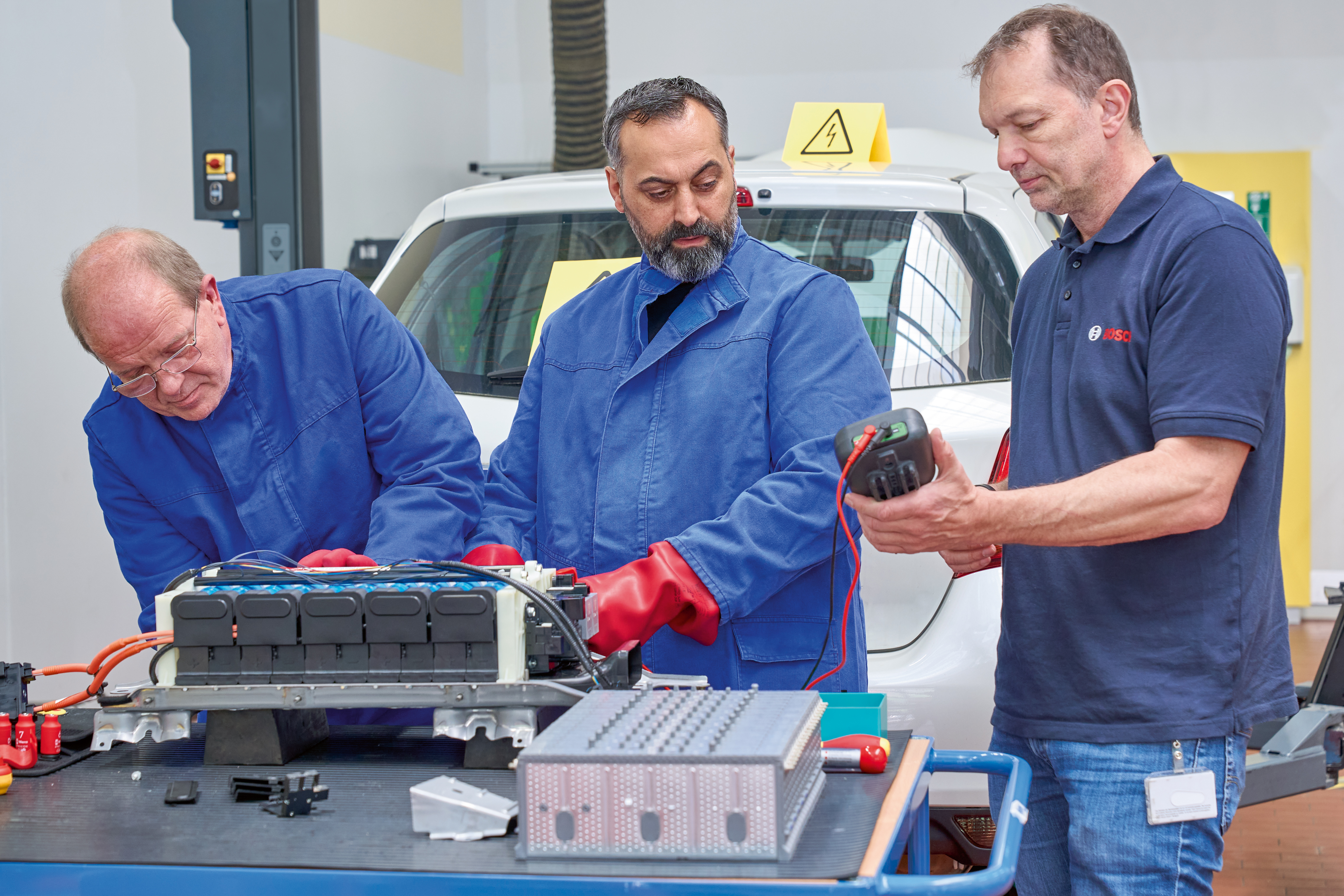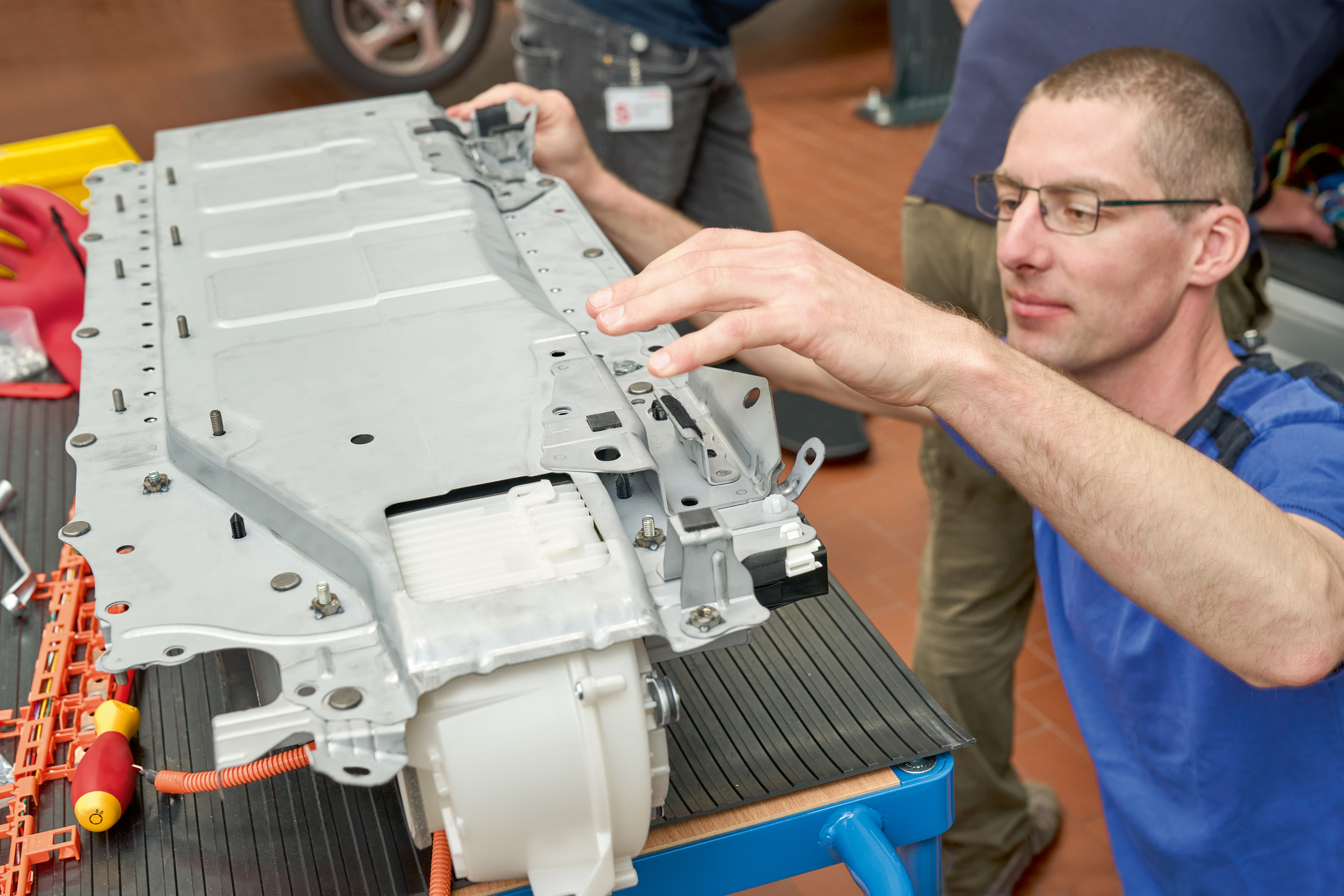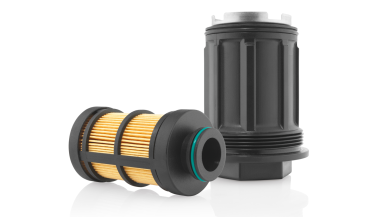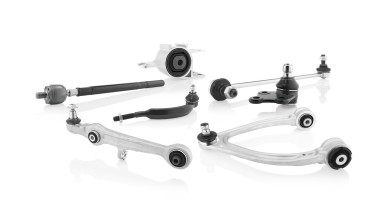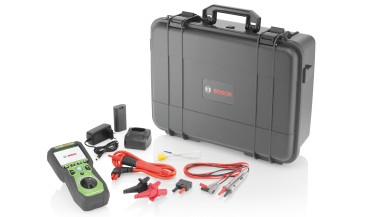Karlsruhe and Plochingen, Germany – Automotive engineering is developing by leaps and bounds. In addition, new powertrain technologies are presenting new challenges for workshop mechanics. With a broad and continuously updated portfolio of technical training courses, Bosch is helping workshops get to grips with the latest automotive technology, so that they are able to offer effective and affordable diagnostic, servicing, and repair work. For the 2024 educational year, therefore, the Bosch Service Training Center in Plochingen near Stuttgart has once again extended its training program to include classroom-based and online courses on current topics. Moreover, Bosch has revised many of its existing and popular courses and adapted them to new technological developments.
Readers’ contact:
Robert Bosch GmbH
Mobility Aftermarket
Phone +49 9001 942010
E-mail: Kundenberatung.Kfz-Technik@de.bosch.com
Contact person for press inquiries:
Nico Krespach,
Phone +49 721 942-2209
The Mobility Aftermarket division (MA) provides the aftermarket and repair shops worldwide with modern diagnostic and repair shop equipment and a wide range of spare parts – from new and exchange parts to repair solutions – for passenger cars and commercial vehicles. Its product portfolio includes products made as Bosch original equipment, products developed in-house and specifically manufactured for the aftermarket, as well as services. About 16,000 associates, as well as a global logistics network, ensure that spare parts reach customers quickly and on time. MA supplies testing and repair-shop technology, diagnostic software, service training, and information services. In addition, the division is responsible for the “Bosch Service” repair-shop franchise, one of the world’s largest independent chains of repair-shops, with some 13,000 workshops, and more than 1,000 “AutoCrew” partners in over 100 countries. In addition, with Bosch Classic, MA supports owners of classic cars with a wide range of spare parts and services.
Additional information can be accessed at www.boschaftermarket.com
The Bosch Group is a leading global supplier of technology and services. It employs roughly 412,000 associates worldwide (as of December 31, 2025). According to preliminary figures, the company generated sales of 91 billion euros in 2025. Its operations are divided into four business sectors: Mobility, Industrial Technology, Consumer Goods, and Energy and Building Technology. With its business activities, the company aims to use technology to help shape universal trends such as automation, electrification, digitalization, connectivity, and an orientation to sustainability. In this context, Bosch’s broad diversification across regions and industries strengthens its innovativeness and robustness. Bosch uses its proven expertise in sensor technology, software, and services to offer customers cross-domain solutions from a single source. It also applies its expertise in connectivity and artificial intelligence in order to develop and manufacture user-friendly, sustainable products. With technology that is “Invented for life,” Bosch wants to help improve quality of life and conserve natural resources. The Bosch Group comprises Robert Bosch GmbH and its roughly 490 subsidiary and regional companies in over 60 countries. Including sales and service partners, Bosch’s global manufacturing, engineering, and sales network covers nearly every country in the world. Bosch’s innovative strength is key to the company’s further development. At 136 locations across the globe, Bosch employs some 82,000 associates in research and development.
Additional information is available online at www.bosch.com, www.bosch-press.com.
